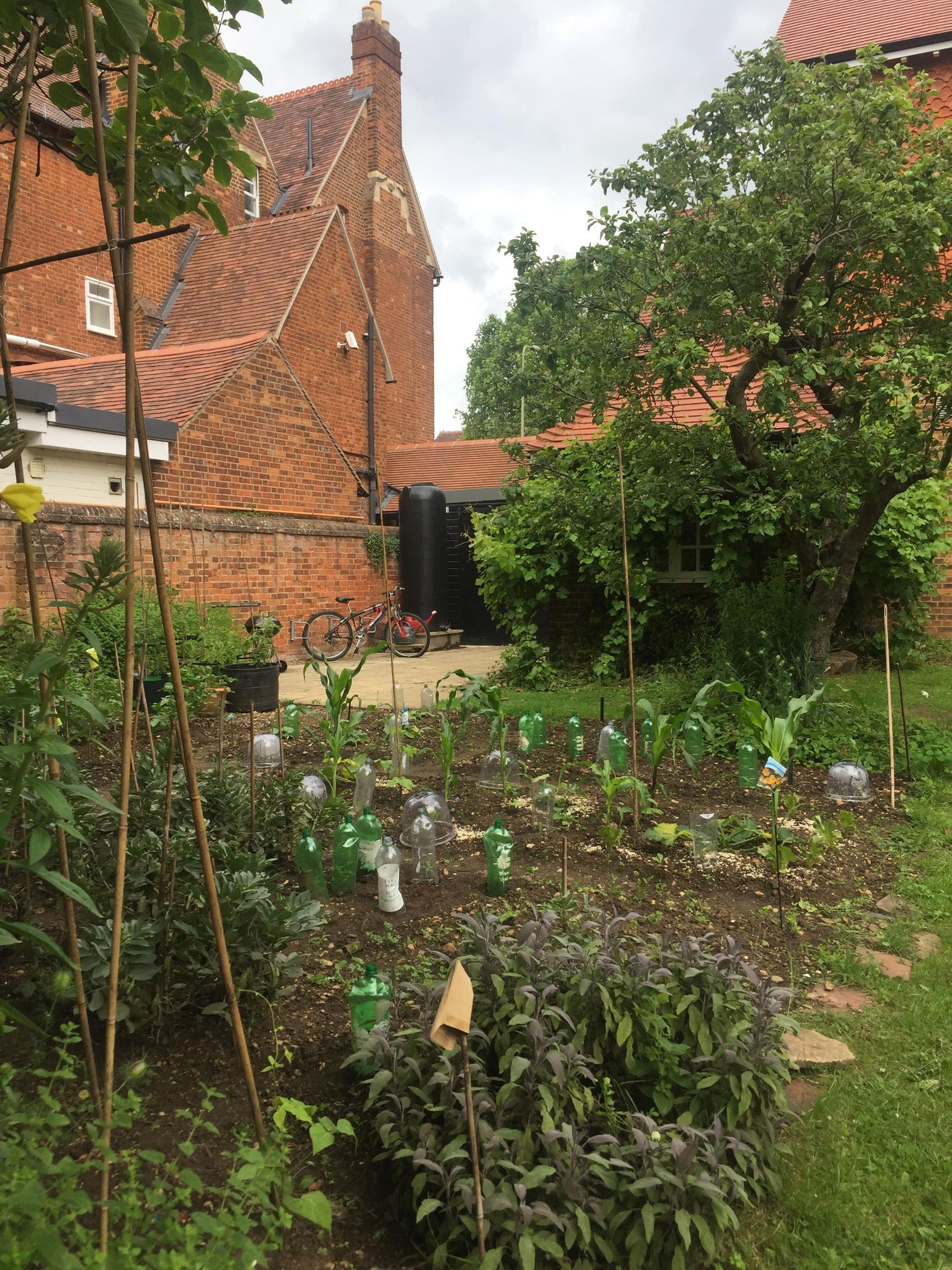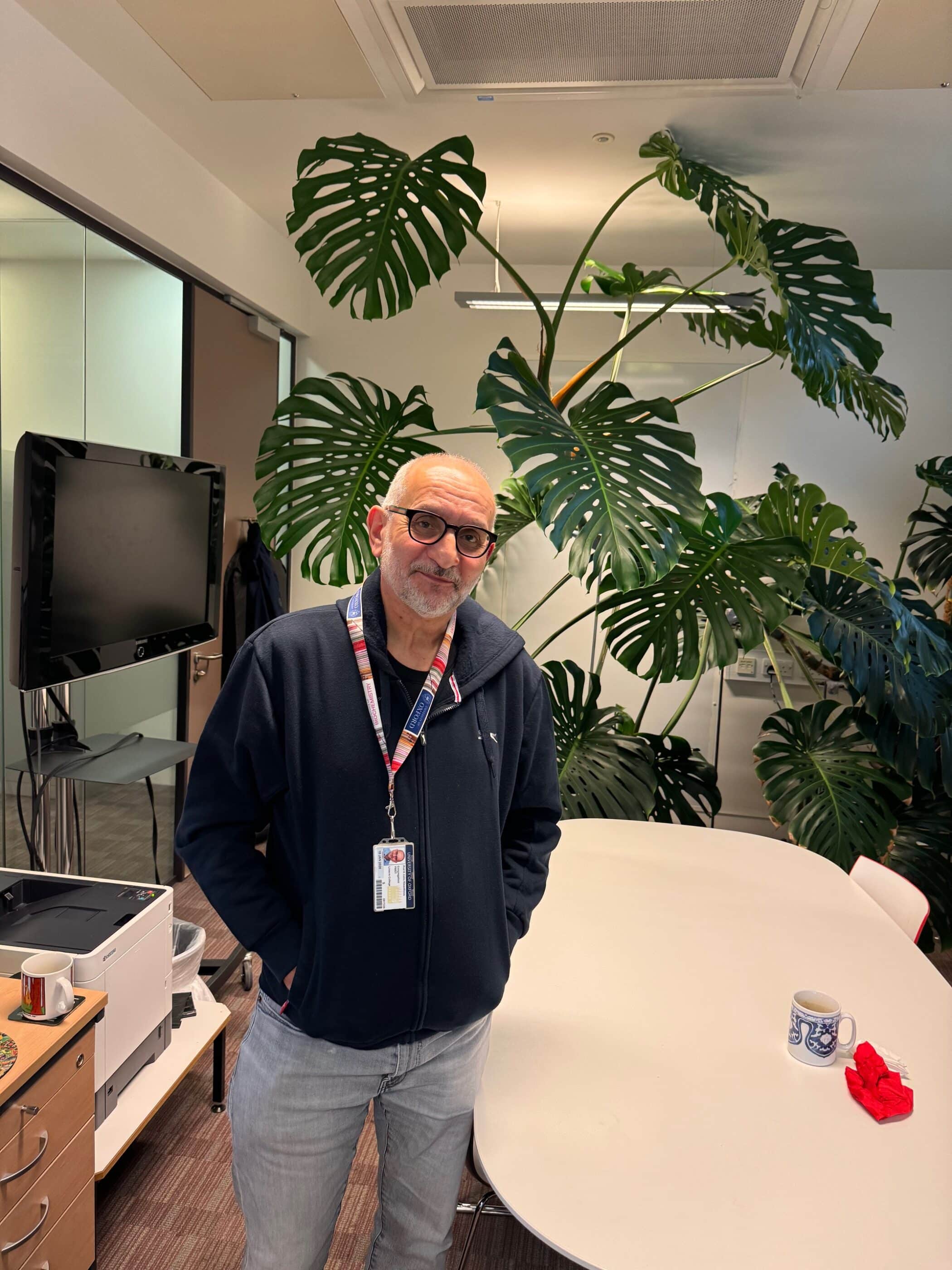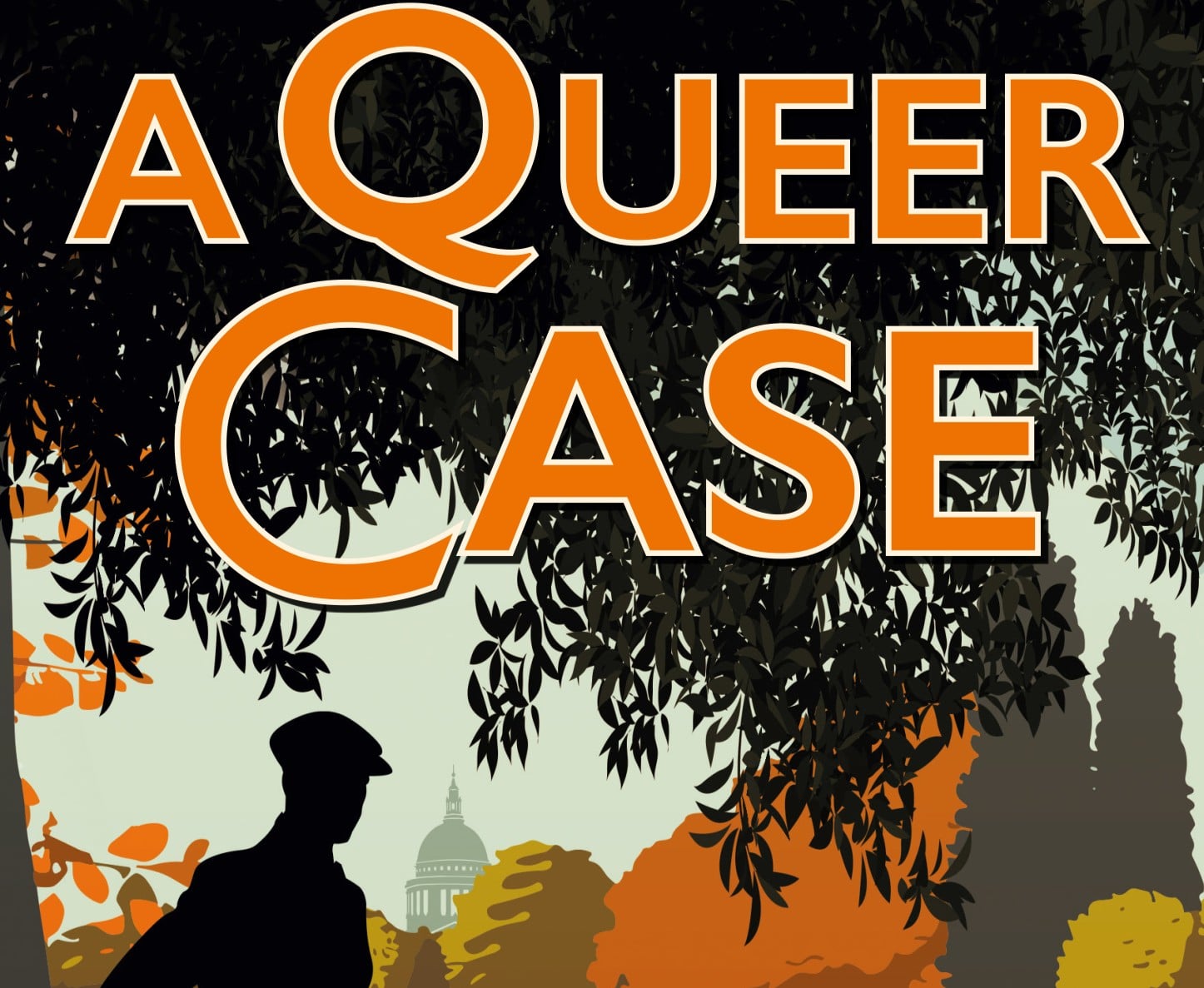No, there is no other way to start an article these days: It has been a strange year. It has been a strange year for everyone and everywhere, also for the Gardening Society at Linacre and its avid members. England has been in lockdown for five months since the academic year started – out of nine months total! That is a tough share for a student society whose entire point is to socialise and enjoy the beautiful garden behind Ursula Hicks House together. Yet, one crucial feature distinguishes gardening from, say, lifting weights, knitting and stitching, or playing music together: it exclusively happens outdoors. Precisely this feature saved the society from a year of idleness. Just in time for the start of the gardening season, we could gather in groups of six outdoors again. Even more, gardening proved to be a formidable contributor to staying sane and healthy in, yes, a strange year.
What’s the fuzz about gardening? Certainly, there is peer-reviewed research on the positive effects of gardening on human well-being. The fact that members of the society do not (primarily) engage with this research reveals the first secret of gardening: it is not academia. As much as Linacrites love their jobs and studies, the biggest enemy in pandemic days is monotony. Consequently, the desk in a stuffy room with all the screens and books becomes a place with the very real risk of going nuts. On the opposite, the airy Linacre Garden with the mighty chestnut tree, the raspberry bushes, and the lush patches of lemon balm becomes a refuge. Here, things do not follow the rules of a supervisor or a boss, but those of nature and the weather (and the slugs to be fair). When turning over the soil, when raking the beds, when sticking bean seeds in little holes, when pulling weeds, the whole body is in motion – while on a computer all that moves is the index finger on the touchpad.
But there is more to gardening than just the change of scenery. Entirely unqualified in the discipline of psychology, the authors of this article call it the benefits of self-efficacy (Bandura et al., 1999). In short, the feeling that one’s own actions actually make a difference in achieving a goal can make individuals more confident and happier. When reading sixteen academic articles, the result – knowing more – is abstract and little tangible. The beauty of a vegetable garden is to see the results of your work right away. When you prepare the soil diligently and finely, the seedlings will grow faster. When you forget to check for slugs, they might be quicker at eating your lettuce than you are. When you put some nutritious compost on your young courgette plants, they are likely to look more sturdy and healthier the week after. When big parts of your life are outside of control due to a little virus, the achievements on a patch of land from which you harvest garlic, broad beans, berries, and onions give you joy and pride.
The good news is: you do not need the Linacre College Gardening Society to grow vegetables. It can be done almost anywhere – pandemic or not.
Elias Drost (2020) and Anita Koralewicz (2020)


















